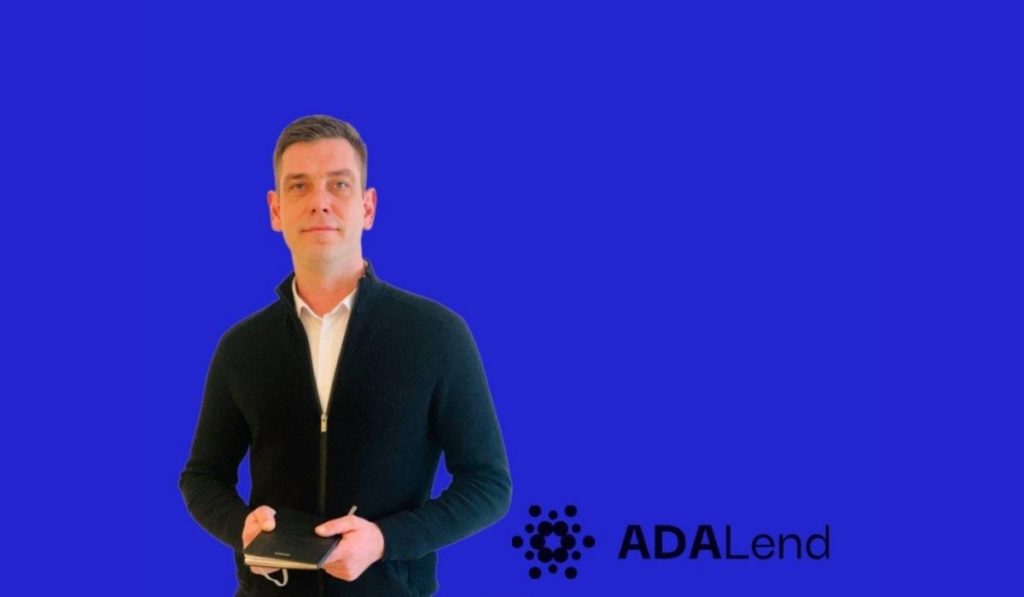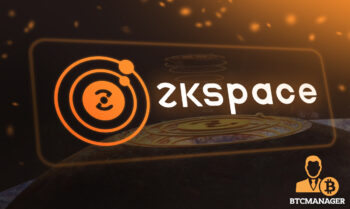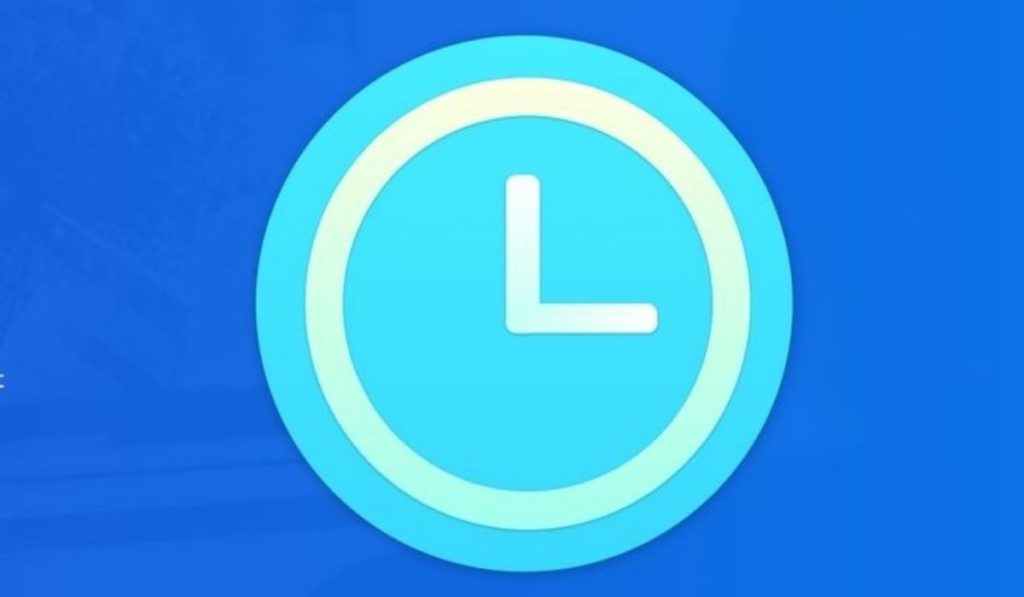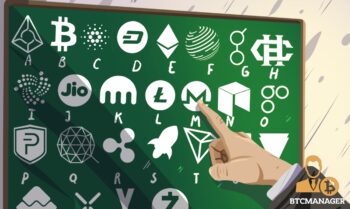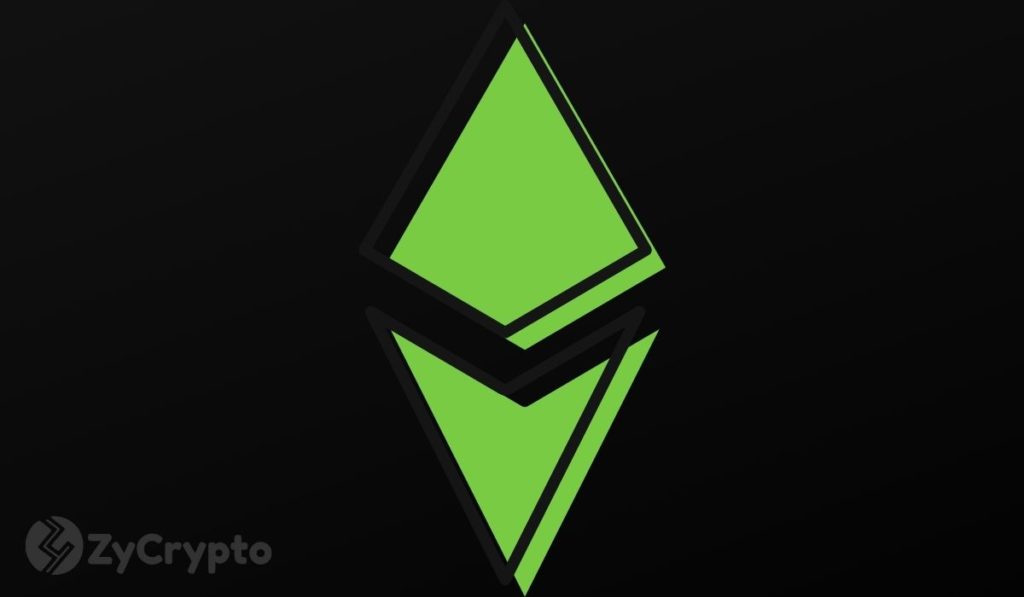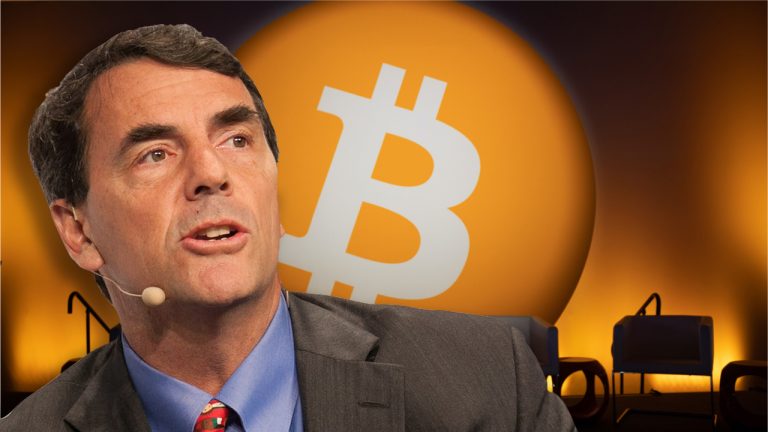2023-3-8 14:36 |
Coinspeaker
“Today AI Has an Accessibility and Adoption Level that Blockchain Can Only Dream Of”, Interview with Ihor Kubalskyi, QBEIN Founder
Despite this, there exists a high level of uncertainty about what the future holds. Coinspeaker had the privilege of speaking with QBEIN Founder, Ihor Kubalskyi, one of the top innovators working at the intersection of both industries. Here is the excerpt of the interview for your pleasure.
Q: Hello Ihor! Nice to see you today.
Hi there! Thank you for this opportunity.
Q: Tell our audience more about yourself.
I’m a blockchain engineer, crypto enthusiast, and founder of Qbein. We help businesses integrate Web3 elements, develop blockchain solutions for their needs, and to get maximum benefits from AI solutions.
Q: We see a big hype around AI now. Everyone seems to try to use ChatGPT and other products for their business or just for fun. Is it suitable for the industry, or will we experience the same path as with NFTs a few years ago?
We can’t deny one thing – everyone knows what AI is now. Yeah, most people don’t know how to use it properly, but we can see a massive interest. That will lead to investment inflow into the AI industry, which can’t be wrong. Of course, maybe in a few months, a lot of people will forget about AI, but those who’ll manage to find the actual value of technology will remain and continue to push the industry forward.
Q: So, besides AI, your company is involved in another “loud industry” – blockchain development. Does “AI fever” affect the blockchain and crypto industry?
Of course, it has some influence. Blockchain developers use AI pretty often, tbh. It helps with processing significant amounts of data, finding possible security breaches, and improving smart contracts in general.
I think that AI and blockchain will continue to intersect more and more in the future. On the one hand, AI can help make blockchain systems more efficient and secure. On the other hand, blockchain can provide a valuable infrastructure for managing and verifying data that AI relies on. For example, we’re already seeing AI being used to optimize blockchain transactions and blockchain being used to collect data for AI training sets.
Q: Yeah, that’s some prominent use cases. Let’s get to the point everyone is afraid of – that AI will replace us. Do you think AI could replace certain aspects of blockchain technology?
AI could replace certain aspects of blockchain technology, such as consensus algorithms or smart contract execution, but it’s essential to consider the trade-offs involved.
Consensus algorithms are a vital component of blockchain technology. While AI can be used to optimize consensus algorithms and make them more efficient, it’s unlikely to replace them completely. That’s actually very simple – consensus algorithms were designed to be trustless and decentralized, while AI algorithms require a centralized source of authority or trust.
Smart contract execution is another area to use AI instruments, but again, there are trade-offs to consider. Smart contracts are designed to be self-executing, meaning they run automatically without human intervention.
So, we can use AI to optimize certain aspects of blockchain technology, but its main elements have to remain untouchable because then it’ll simply have no meaning.
Q: And what about developers? Should they be afraid that AI will replace them?
As I said before, AI influences the blockchain development industry. However, it is unlikely that AI will replace the need for human blockchain developers entirely.
Instead, AI may change the nature of blockchain developers’ work. For example, AI could automate some of the more routine tasks involved in blockchain development, freeing up developers to focus on more complex and creative work. Additionally, blockchain developers may need to develop new skills to work effectively with AI, such as understanding how to integrate AI algorithms into blockchain-based systems.
Overall, it is difficult to predict the exact impact AI will have on the job market for blockchain developers. However, AI will likely be a significant force in shaping the future of the blockchain industry, and blockchain developers who can adapt and learn new skills to work with AI are likely to be in high demand.
So, instead of being afraid, I’d suggest learning new skills and becoming irreplaceable.
Q: I often see that people don’t know how to use AI properly but still try to do it. Do you consider it the biggest problem of the current industry development stage?
Yes, I see it as a huge problem. But, unfortunately, not the only one. One of the significant challenges with AI is the lack of transparency and interpretability of its decision-making processes. This can lead to AI systems making biased or incorrect decisions without clearly explaining why those decisions were made. In addition, the data used to train AI systems can also be subjective.
Another challenge is creating AI systems that can generalize well to new situations. AI systems can perform very well on tasks they were trained on but struggle when presented with even slightly different scenarios. This issue limits the ability of AI to adapt to new situations and can make it challenging to apply AI in real-world settings.
So, while the misuse of AI is a problem, it is just one of several challenges AI faces.
Q: We still see a lot of publications about the threats of artificial intelligence. Is this an exaggeration, or is there a real threat?
When discussing artificial intelligence, we usually talk about public projects, such as ChatGPT or Midjourney. Centralization helps these public products block harmful actions and use of AI to cause any harm. However, many private systems are used not entirely for the benefit of humanity. These privately held platforms can greatly impact people’s choices, their consumption of information, and, ultimately, the financial markets.
However, so far, AI’s level of development does not threaten humanity’s life, and even the most malicious platforms are still very far from Skynet.
Well, and one more important fact – in parallel with harmful artificial intelligence, methods and tools to counteract it are constantly being developed.
Q: That’s a good one, thank you. Most of us discovered AI weeks, maybe months ago. As a deeply involved person, can you tell us how the AI industry has changed over the last five years?
That’s a great question, actually. Over the past five years, AI has undergone significant changes and made tremendous advancements. The biggest one I see is adoption. AI has become much more accessible and user-friendly. In addition, the growth of open-source AI tools and platforms has made it easier for developers to create AI-powered applications without extensive knowledge of machine learning algorithms.
As a result – more applications, more awareness, and more adoption.
Besides that, deep learning techniques have made AI models more accurate and efficient. As a result, we can see AI used to complete more and more complex tasks. Furthermore, AI has also become more capable of learning from and adapting to new data in real time, which has led to the development of more intelligent and autonomous systems.
The AI industry changed dramatically, and I’m happy to see it evolving constantly.
Q: You’re the founder of a blockchain development company. How often do your clients ask for AI modules? Do they understand technology, or are they just trying to catch a trend?
In the last months – more often than ever (laughs). Our partners are well-informed about our expertise in this industry. When the interest in AI started to grow, we saw a massive inflow of requests about AI integration or AI solutions development. Yeah, I must admit that most of them were influenced by increasing interest in the industry. But we helped every client to find the real value of AI for their business. Maybe not today, but it’ll play a major role in a few years. I want to remind you that despite massive progress, we’re still kind of limited in AI usage.
Q: And for the final. Are you optimistic about the AI industry’s future?
For sure. How else could I feel seeing immense progress, seeing how excited people are about AI and mass adoption that we couldn’t dream of even a few years ago? Sure, there are still some challenges to overcome. But I think we’ll be able to deal with them. I believe in a few years, AI will show even more prominent results.
If we’re talking about a bit longer period of time – a decade, for example, I’m even more optimistic. We’ve already seen how blockchain adds value to millions of businesses around the world. And that’s a complicated technology with a lot of tradeoffs and a very complex integration process. Even today Ai has an accessibility and adoption level that blockchain can only dream of. Ai-based technologies will generate trillions of dollars in the next ten years.
AI is already transforming whole industries: healthcare, logistics, manufacturing, retail, and finance. Moreover, its growth is bullish for humanity as it can address challenges like climate change, poverty, and disease.
AI has already shown its potential in healthcare by detecting diseases like cancer at an early stage, improving the accuracy of diagnoses, and developing personalized treatment plans. In transportation, AI is being used to develop self-driving cars to help reduce traffic congestion and accidents. In manufacturing, AI is improving the efficiency of supply chains and reducing downtime. I can continue with dozens of examples. The point is Ai is already the biggest commercial opportunity in today’s fast-changing economy. Just imagine what it will do in ten years.
Q: Thank you. And you’re welcome to add something to make a great ending for this marvelous interview.
Behind any technology, be it artificial intelligence or blockchain, there is always a person who creates this technology so that others can find benefit in it for themselves. Therefore, we are always happy to help those looking for and understand the real value of new technologies.
next“Today AI Has an Accessibility and Adoption Level that Blockchain Can Only Dream Of”, Interview with Ihor Kubalskyi, QBEIN Founder
origin »Bitcoin price in Telegram @btc_price_every_hour
High Performance Blockchain (HPB) на Currencies.ru
|
|



